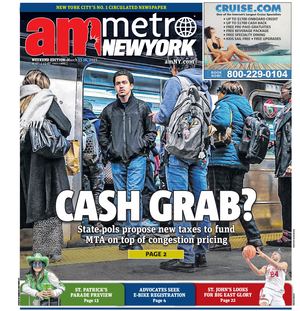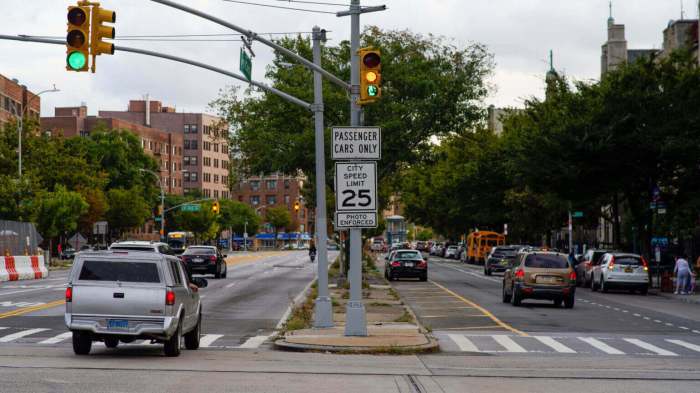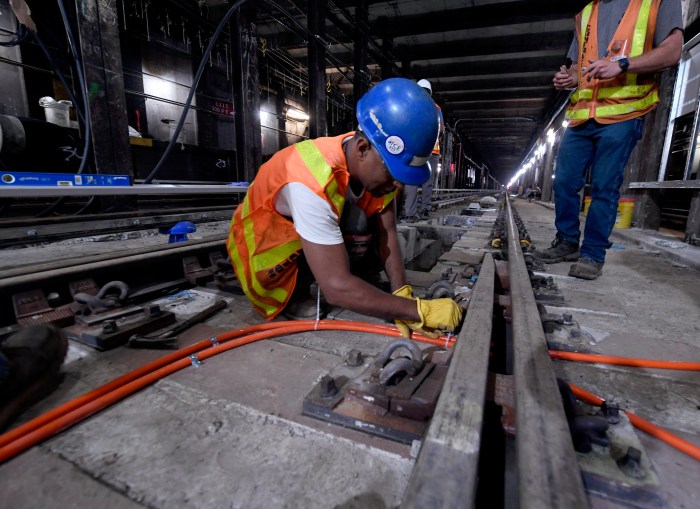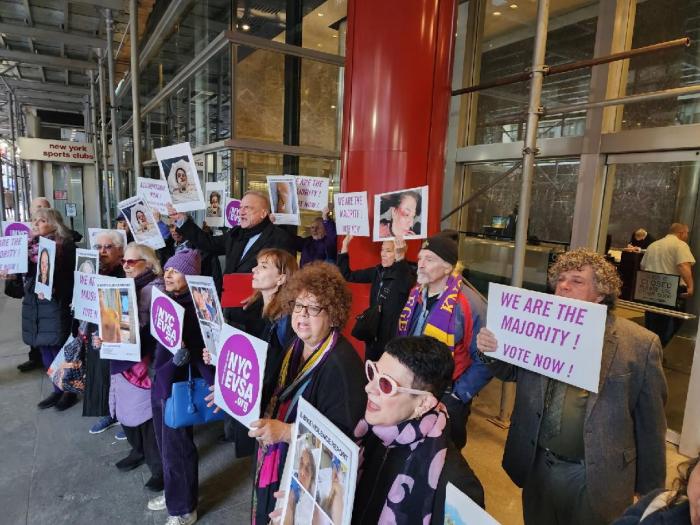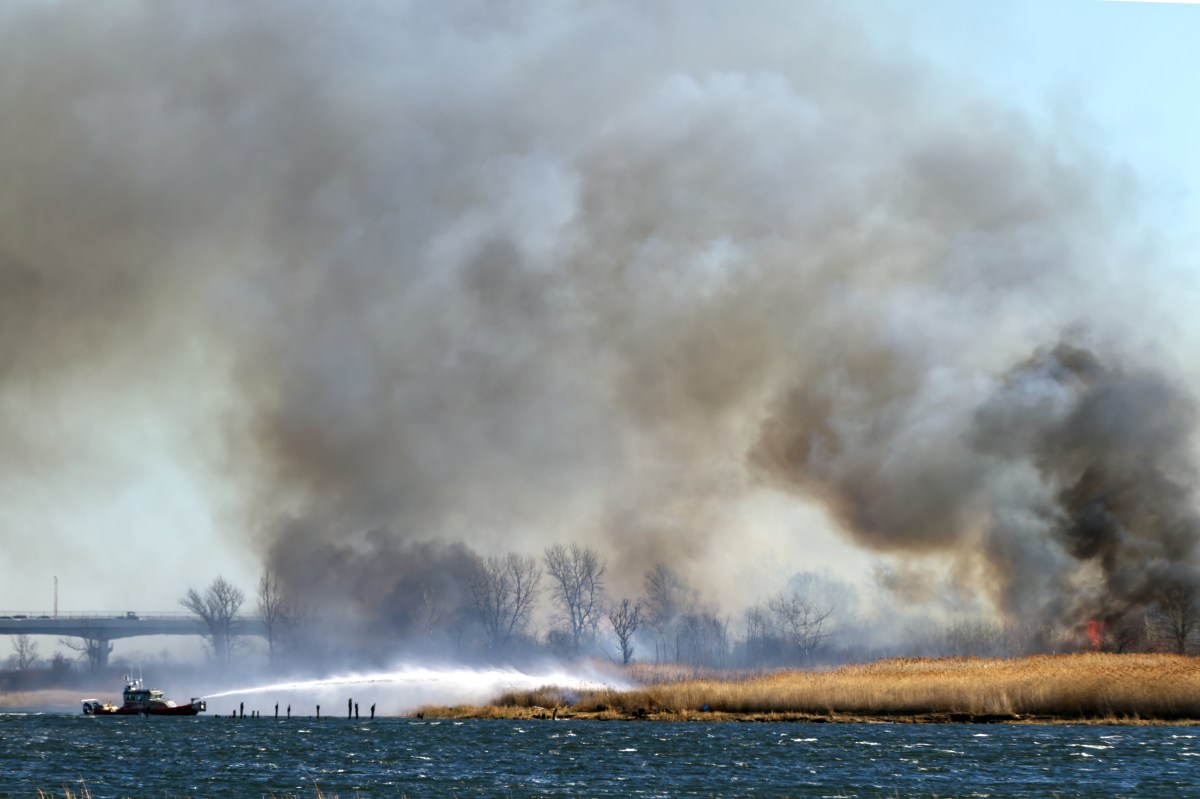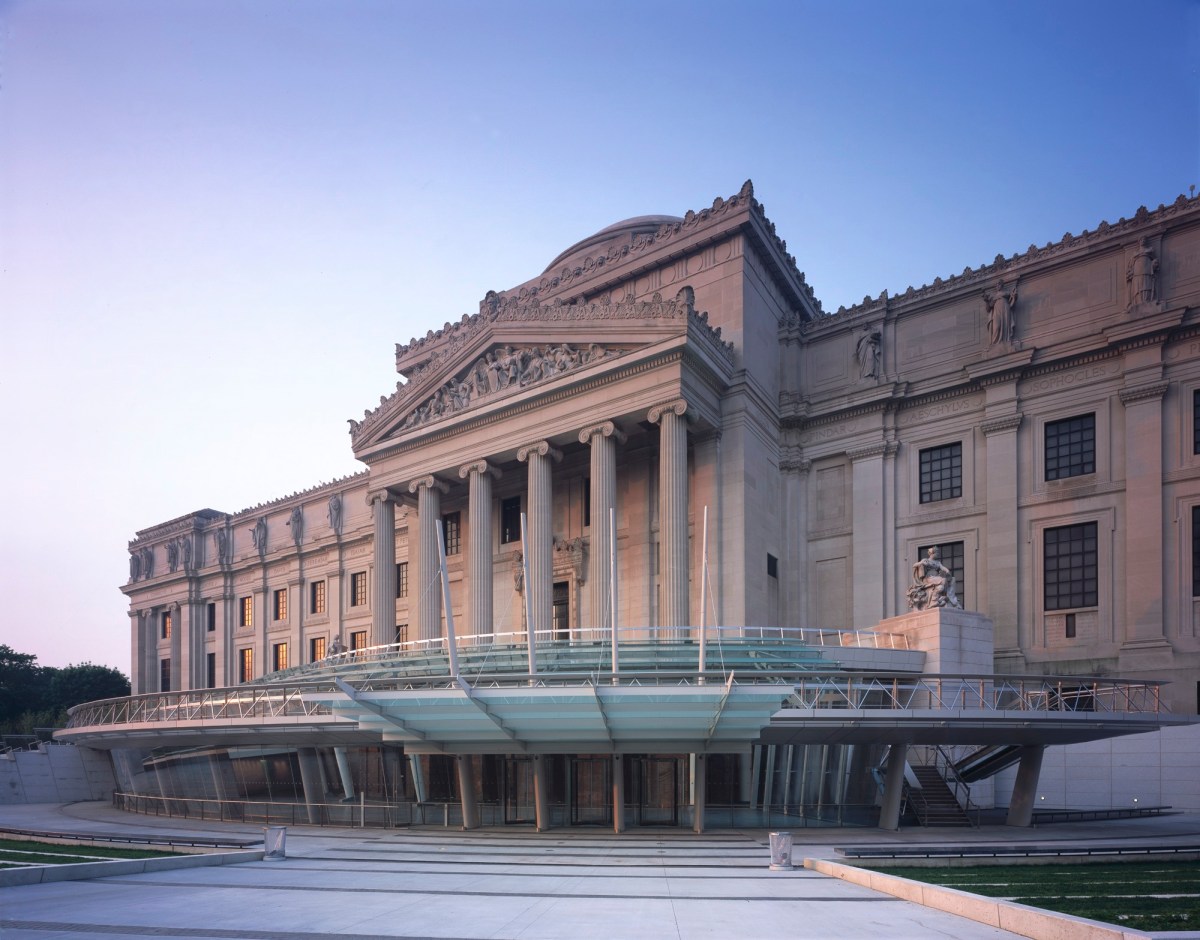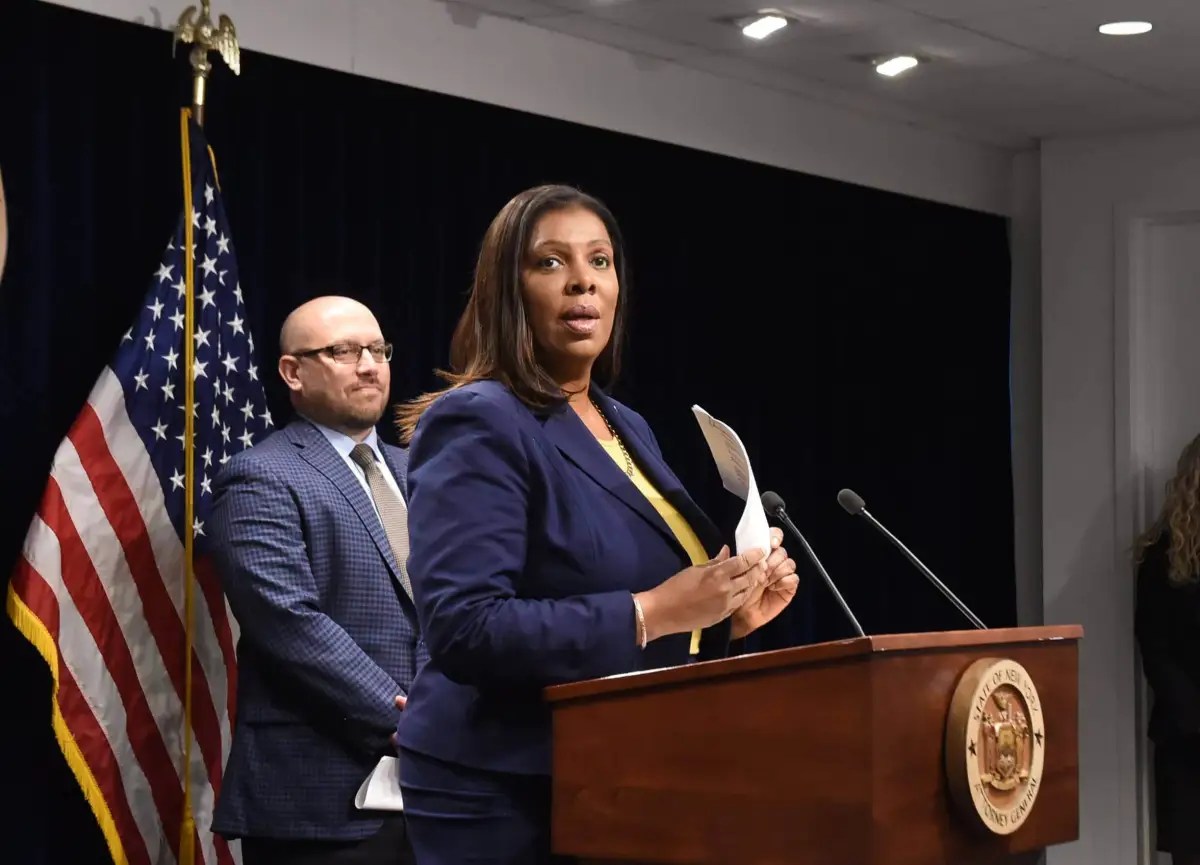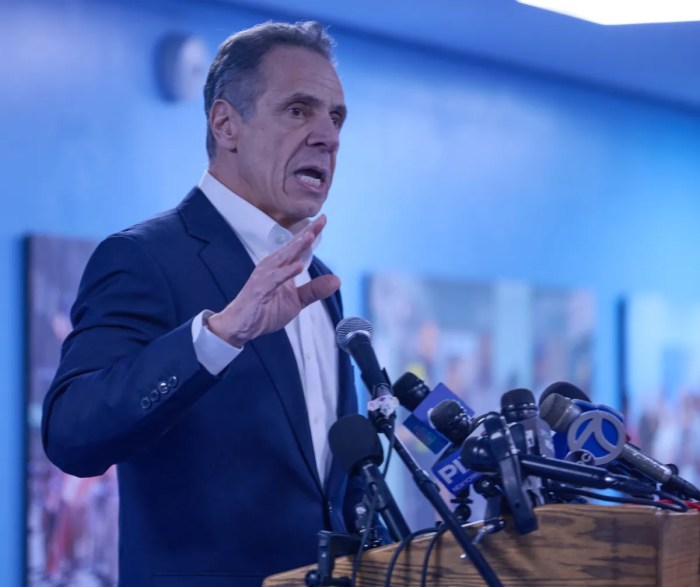Arthur Schwartz, an attorney, has filed a lawsuit against the city claiming the plan to raze the East River Park and rebuild it atop a seawall is alienation of parkland and requires the state to take legislative action.
City Council approved the action to plan to raise the 2.2 miles of riverside parkland by 10 feet as a resiliency measure in November 2019 in a meeting that saw noise from activists and vote in favor of the plan despite the opposition.
Schwartz is representing East River Park ACTION – and 90 other plaintiffs – which spearheaded much of the opposition during the planning phases of the resiliency project.
Schwartz made headlines in the 2019 when he led litigation against the 14th Street Busway as well as the Fresh Pond Road bus lane proposal, but designed to prioritize the city’s poorest commuters, both of which did not end if favor of the coalitions represented by Schwartz.
To be filed in New York Supreme Court on Thursday, Schwartz told amNewYork Metro the city not only dodge state law, but that there is precedent for the suit.
“We’re going to be arguing that either the – quote – temporary three to five year closure of the park so they can build the seawall or the ultimately turning the park into a park on top of a barrier is alienation that cannot be done without legislative approval,” Schwartz said. “It’s not like we’re saying something that’s news to the city, they’ve decided to go ahead and test the law once again.”
Although the city is breaking the massive $1.45 billion Department of Design and Construction project into two phases, even closing off a small amount of the park off to the public will qualify as alienation.
“Plus it’s going to affect the rest of the park including the bike lanes,” Schwartz added.
The second question of the lawsuit pursues answers as to whether or not building a park on top of a seawall requires Albany’s approval, Schwartz thinks it does.
“This important project will protect 110,000 New Yorkers and East River Park from the possibly deadly effects of sea level rise and severe storms,” Julia Arredondo, a City Hall spokeswoman, said. We have not seen the lawsuit, but we will vigorously defend any threat to our ability to keep New Yorkers safe.”
Precedence for the litigation comes from a case two decades old in which the city, attempting to build a water filtration system under Van Cortlandt Park in the Bronx, but was curtailed by same regulations Schwartz plans to base his argument on.
“The courts didn’t allow it without the approval of the state legislature, which they never got,” Schwartz said.
While the city was formulating a plan for the East Side Coastal Resiliency project, they had originally dropped the plan for a simple seawall along the water in favor of elevating the park. Thus began the public opposition, including many NYCHA residents, who look to the park as mental health necessity in a city becoming increasingly congested.
The city will begin the project in autumn and it is expected to be complete in three to four years.
